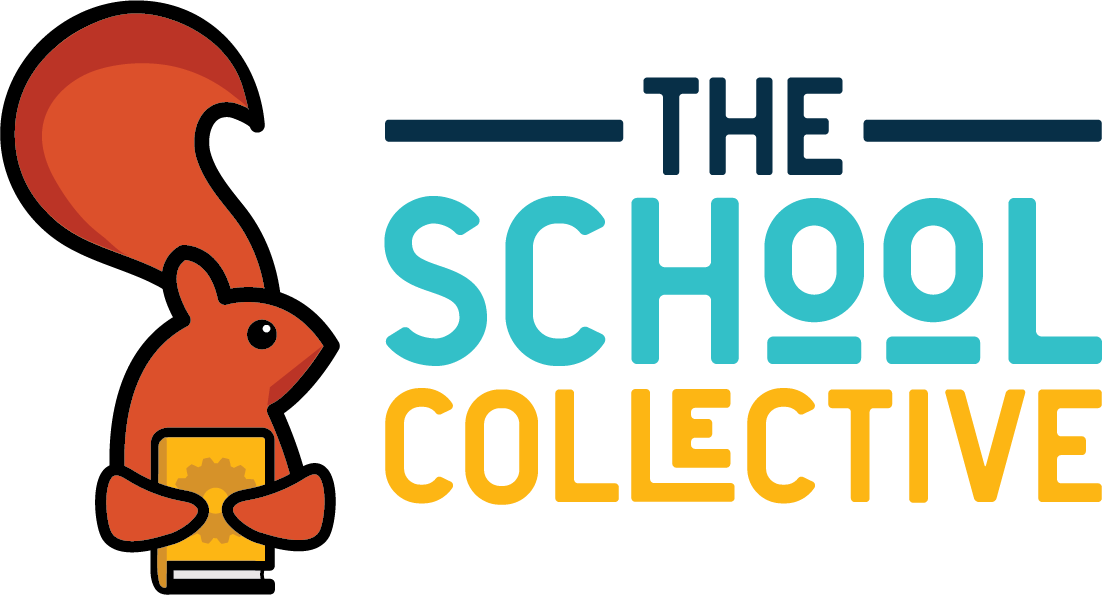In the world of special education, terminology is ever-evolving. It can be hard to keep up with and understand the “why” behind the changes. We often refer to our families and learners as the “stakeholders” in the special education process. This is especially true in the world of assistive technology (AT). Every AT solution is uniquely designed for that learner who is the driving force, the “stakeholder.” As we become more aware of the history of systemic injustice in our culture and institutions, so too do we become aware of how historical injustice has influenced our terminology. Stakeholder is one of those terms. Let’s take a closer look at that history and how we can adjust our language to be culturally responsive and respectful.
What is the history of stakeholder? I never really thought about it before my colleague, Brook Roberts, very politely approached me after I presented at a conference. I had used stakeholder to discuss the importance of family and learner participation in the special education evaluation process and selection of AT solutions. I’m so grateful to Brook for the honest feedback because words matter!
The term stakeholder has been used for various purposes. In some contexts, it can refer to people in power, the “holders” (Bentley, 2022). In the public health policy arena, stakeholder has been used to intentionally empower the people who are impacted by public health policy. The original intention was to be inclusive, so how could this term be so exclusive? Stakeholders have its roots in colonialism. Settlers drove wooden stakes in the ground to “stake their claim” on land that belonged to Indigenous people, which is the complete opposite of empowerment and inclusivity.
After learning this, I’ve been wondering what other term we can use to make sure our educational teams keep our learner and their family as our central focus and the ultimate decision maker. The Center for Disease Control suggests several possible alternatives for this potentially derogatory term. Some of the options that make the most sense for special education are “contributor, implementing partner, interested parties, and working partner (Centers for Disease Control and Prevention, 2022).
To end with a final quote that sums it up perfectly “Dr. Van Helsing should be the only stake holder.” Sharfstein, J. M. (2016, September).

References:
Centers for Disease Control and Prevention. (2022, November 3). Preferred terms for select population groups & communities. Centers for Disease Control and Prevention. https://www.cdc.gov/healthcommunication/Preferred_Terms.html
Bentley, S. (2022, December 22). Reflecting on our Language: Stakeholder. UT Health Houston School of Public Health. https://sph.uth.edu/research/centers/dell/blog/posting.htm?id=reflecting-on-our-language-stakeholder
Sharfstein, J. M. (2016, September). Banishing “stakeholders.” The Milbank quarterly. https://www.ncbi.nlm.nih.gov/pmc/articles/PMC5020149/
